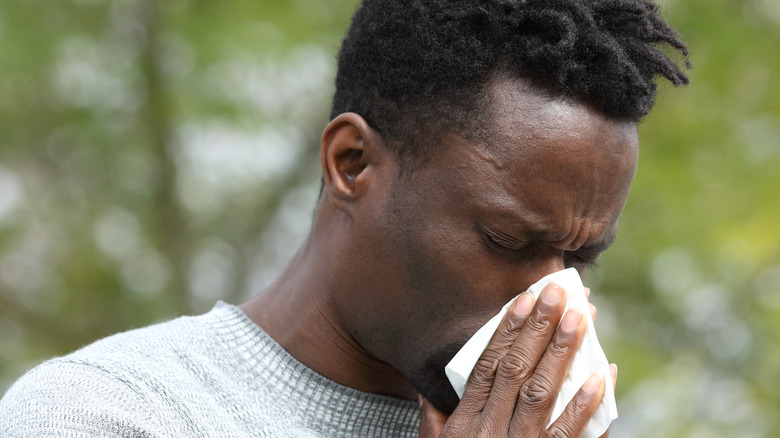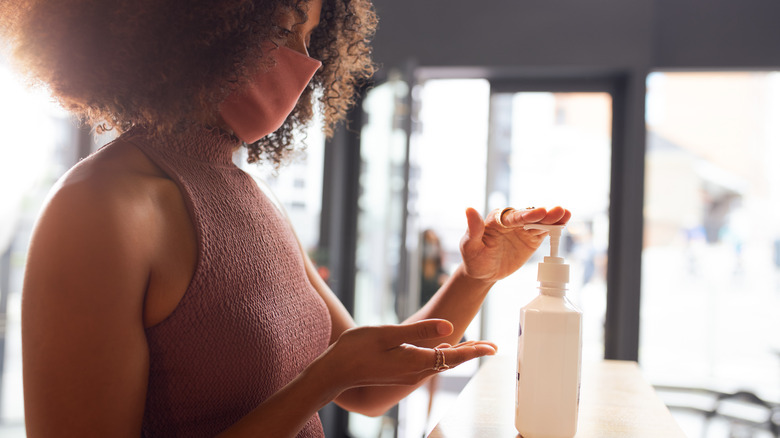Study Suggests The Risk Of New Health Conditions May Be Higher After COVID Reinfections
Experts are still learning about COVID-19. Now, a recent study conducted by researchers at the Washington University School of Medicine and VA Saint Louis Health Care System is shedding light on what happens when people become reinfected with the virus. The research, which has not yet been peer-reviewed, suggested that catching COVID-19 more than once can raise the risk of developing other health problems.
Using data from the U.S. Department of Veterans Affairs that included 257,427 people who tested positive for the virus, researchers found that 38,926 participants had two or more infections. Among those, 36,417 (12.29%) had become infected twice, 2,263 (.076%) caught the virus three times, and 246 (.08%) had been infected four or more times. The study also included 5,396,855 participants who did not test positive for the virus, which was used as a control group. The average length of time between the first and second infection was 79 days, and 65 days between the second and third cases.
Vaccinated and unvaccinated people shared the same risk
Researchers found that COVID-19 reinfection raises the risks of several adverse health complications, including cardiovascular, blood, and kidney disorders, gastrointestinal problems, mental health issues, musculoskeletal and neurological conditions, diabetes, and fatigue. Interestingly, these findings were present in those who were unvaccinated, vaccinated, and had two or more shots. In addition, participants who had COVID-19 more than once had double the risk of death, and they were three times more likely to be hospitalized. Furthermore, researchers noted that natural immunity or immunity from vaccines did not lower the risks of adverse health effects related to reinfection.
The researchers claim that the findings highlight the consequences of becoming reinfected and emphasize the importance of avoiding reinfection. The Centers for Disease Control and Prevention recommends washing your hands frequently, wearing a mask, staying six feet from others, avoiding crowds, and getting vaccinated to avoid catching COVID-19.


